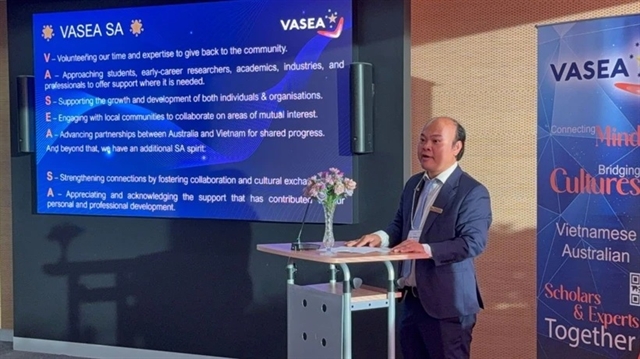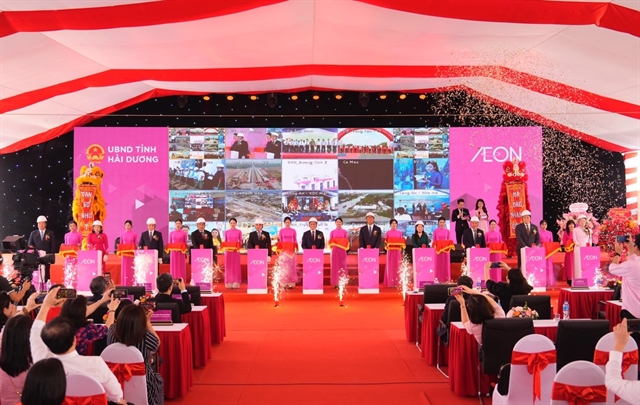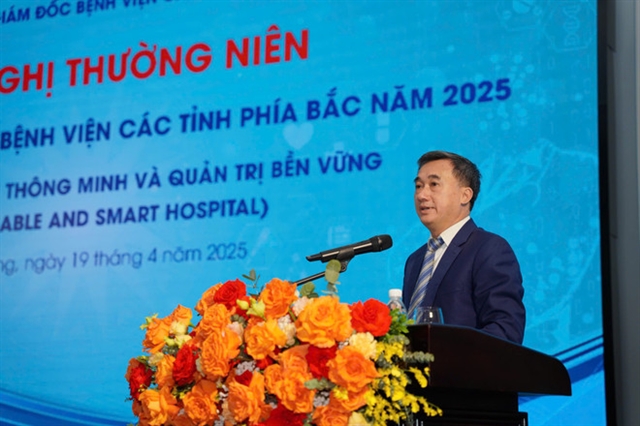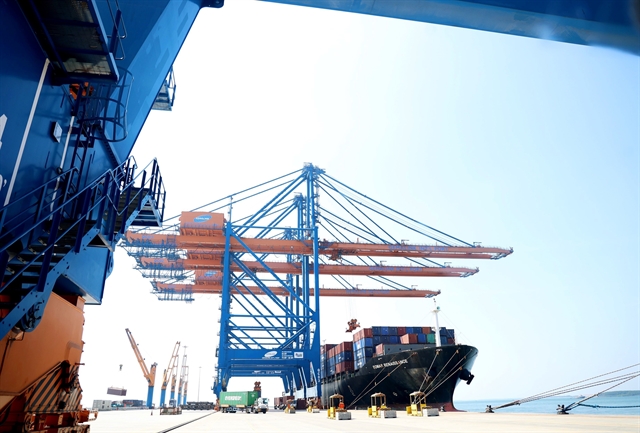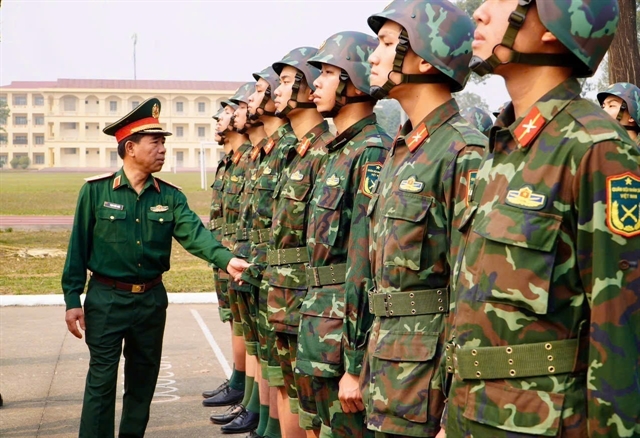

With a commitment to develop internationally accredited talent for Việt Nam in the Industry 4.0 era, RMIT University is moving forward with an expansion programme for scholarships, capacity building and research activities in STEM disciplines.
With a commitment to develop internationally accredited talent for Việt Nam in the Industry 4.0 era, RMIT University is moving forward with an expansion programme for scholarships, capacity building and research activities in STEM disciplines.
In late 2021 RMIT University Vietnam officially launched its School of Science, Engineering & Technology (SSET) and appointed Professor Brett Kirk as distinguished academic and senior leader in STEM as the new Dean of the school.
This was an important milestone in SSET’s vision to become a leading choice for STEM tertiary education in Việt Nam, being recognised for its globally competitive work-ready graduates and applied research that supports industry transformation and economic growth in Việt Nam.
Professor Brett Kirk said: "I am thrilled to assume my position at a very exciting time."
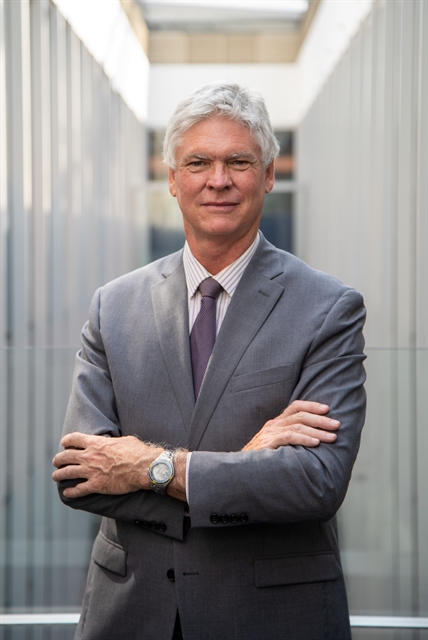
|
| Dean of RMIT School of Science, Engineering & Technology (SSET) Professor Brett Kirk. Photo courtesy of RMIT |
He said that after over 20 years operating in the country, the vision for RMIT University Vietnam is to become a more comprehensive university and to grow significantly, and “science, engineering and technology is absolutely central to that.”
Building capacity in STEM
SSET currently offers six bachelor’s degrees: robotics and mechatronics engineering, electrical and electronic engineering, software engineering, information technology, aviation, and psychology – the latter two having welcomed their first students in October 2021.
In line with the diversified study program offerings, RMIT University is also investing in scholarships for STEM students within its annual Scholarship Program. Among the 67 scholarships available to future undergraduate students in 2022, four scholarships with values equivalent to 25-50 per cent of the tuition fees will be reserved for SSET students.
To provide students with opportunities for multiple pathways and generate more problem solvers for the workforce, SSET plans to offer a bachelor’s degree in food technology and nutrition, and two master’s degrees in artificial intelligence and cyber security.
Professor Kirk said that the School was also growing its PhD cluster by offering Women in STEMM pre-doctoral research and fellowship positions and PhD scholarships.
As part of the global Athena SWAN initiatives to advance the gender equality agenda, the Women in STEMM fellowship program aims to increase women's participation and address the pipeline of women in academia and then into senior leadership positions.
Professor Kirk said: “When we look at industry, we can see gender imbalance across science, engineering and technology disciplines. It's potentially an area that we can partner with industry to address an important social problem.”
The senior academic also highlighted the School’s commitment to supporting STEM-related research training in Việt Nam with five PhD scholarships each in 2021 and 2022.
“This is going to change the culture of the School and bring a new energy into the research because PhD students are really the engine room of research; they’re the ones on the ground doing experiments and making new discoveries,” he said.
Leveraging partnerships
Professor Kirk noted that all of the School’s growth would be “partnership driven and have a strong focus on building those partnership in education, research and community engagement so that we can make a difference.”
“Through our two decades of significant presence in Việt Nam, RMIT has been a partner of choice for industry and government to achieve positive impact in the Southeast Asian region,” he said.
“RMIT continues to play a critical role in transforming the workforce and meeting local skills needs, and is specifically committed to the future of digital transformation and sustainable developments.”
To date, RMIT has established the framework for the collaboration and common goals with leading Vietnamese and international industry groups, including VinGroup, Viettel Group, Electricity Vietnam, Vietnam Airlines, Đất Xanh Services, Ericsson Vietnam, Bosch Vietnam, and the Hà Nội University of Pharmacy.
“Those partnerships are critical for advancement in research and innovation. Our Việt Nam-based programs and research will leverage digital and hybrid technologies, acting as a critical part of our global student pathways across Southeast Asia and connecting Việt Nam to our global community,” Professor Kirk said.

